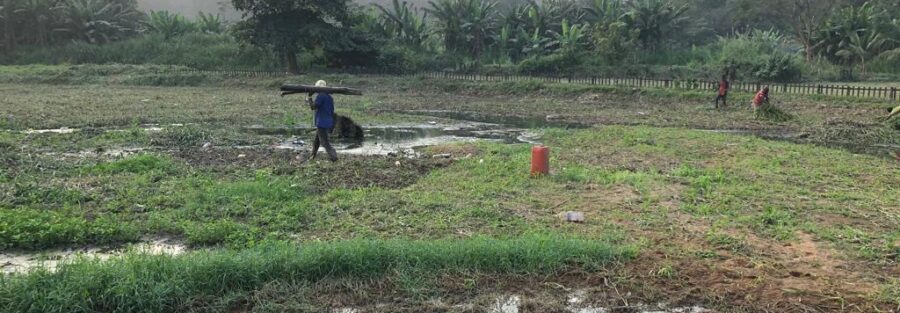There is a growing link between rising insecurity in Nigeria and climate change crises. Climate change is exacerbating existing social, economic, and political challenges in Nigeria, leading to increased insecurity and conflict. Here are 5 ways Alliance for Positive Environmental Impacts and Reforestation (APEARE) belief climate change is contributing to rising insecurity in Nigeria:
1. Resource scarcity: Climate change is leading to resource scarcity, such as water and land, which can lead to competition and conflict between communities. For example, in the northern part of Nigeria, desertification is leading to the loss of arable land, which is exacerbating conflicts between farmers and herders.
2. Food insecurity: Climate change is leading to reduced crop yields and food insecurity, particularly in rural areas. This can lead to social unrest and conflict, as people struggle to access food and other necessities.
3. Migration: Climate change is leading to increased migration, as people are forced to leave their homes due to environmental degradation and natural disasters. This can lead to social tensions and conflict, particularly in areas where resources are already scarce.
4. Natural disasters: Climate change is leading to more frequent and severe natural disasters, such as floods and droughts, which can lead to displacement, loss of livelihoods, and social unrest.
5. Terrorism: Climate change is also contributing to the rise of terrorism in Nigeria, particularly in the northeast region. The Boko Haram insurgency has been linked to environmental degradation, such as the drying up of Lake Chad, which has led to increased poverty and social unrest.
Overall, climate change is exacerbating existing social, economic, and political challenges in Nigeria, leading to increased insecurity and conflict. Addressing climate change is therefore essential for promoting peace and security in Nigeria, as well as promoting sustainable development and protecting the environment.
Written By: Wasiu Alimi-Baba



